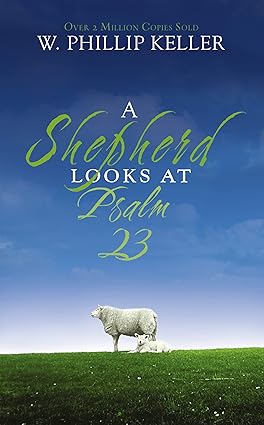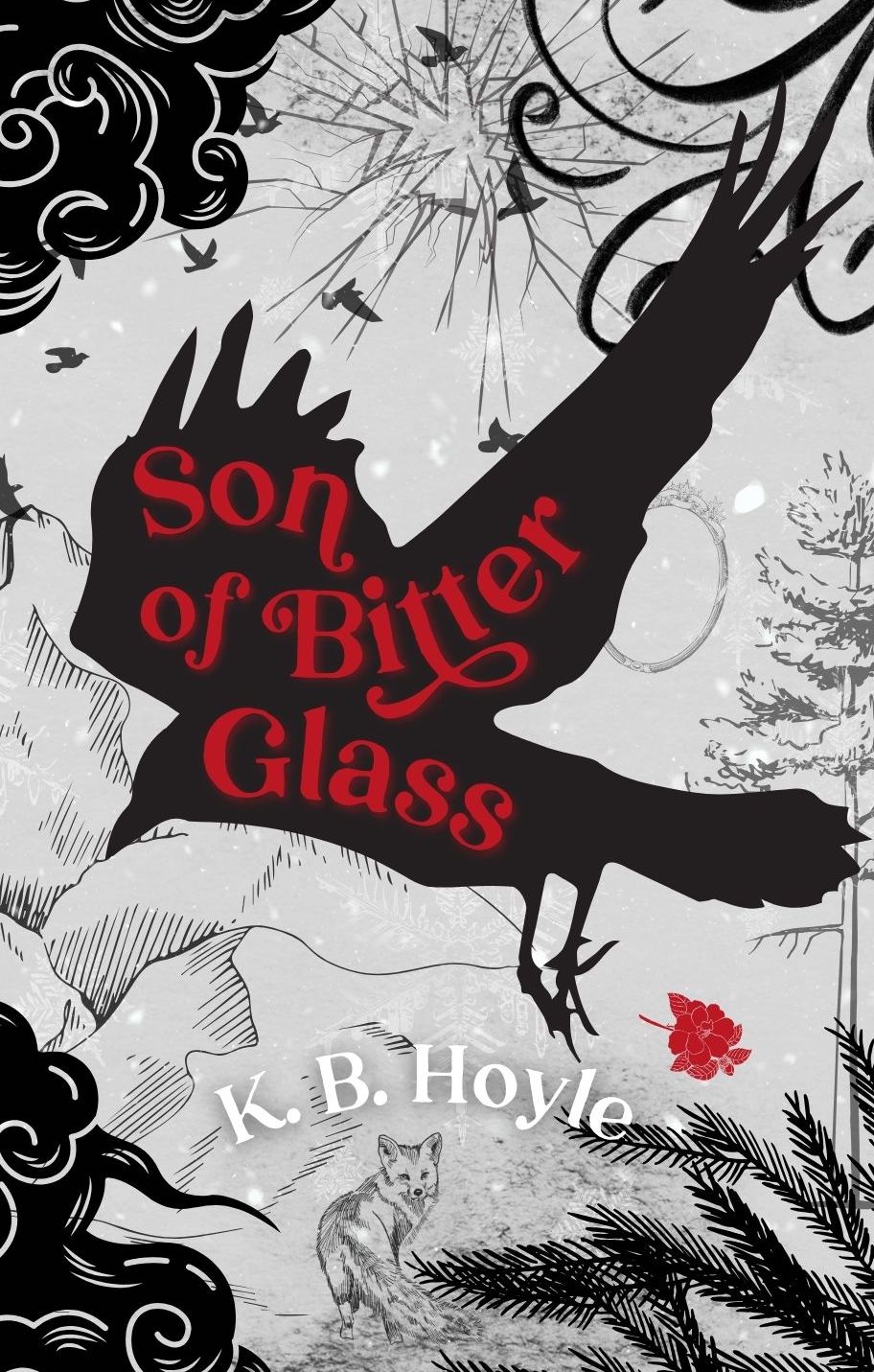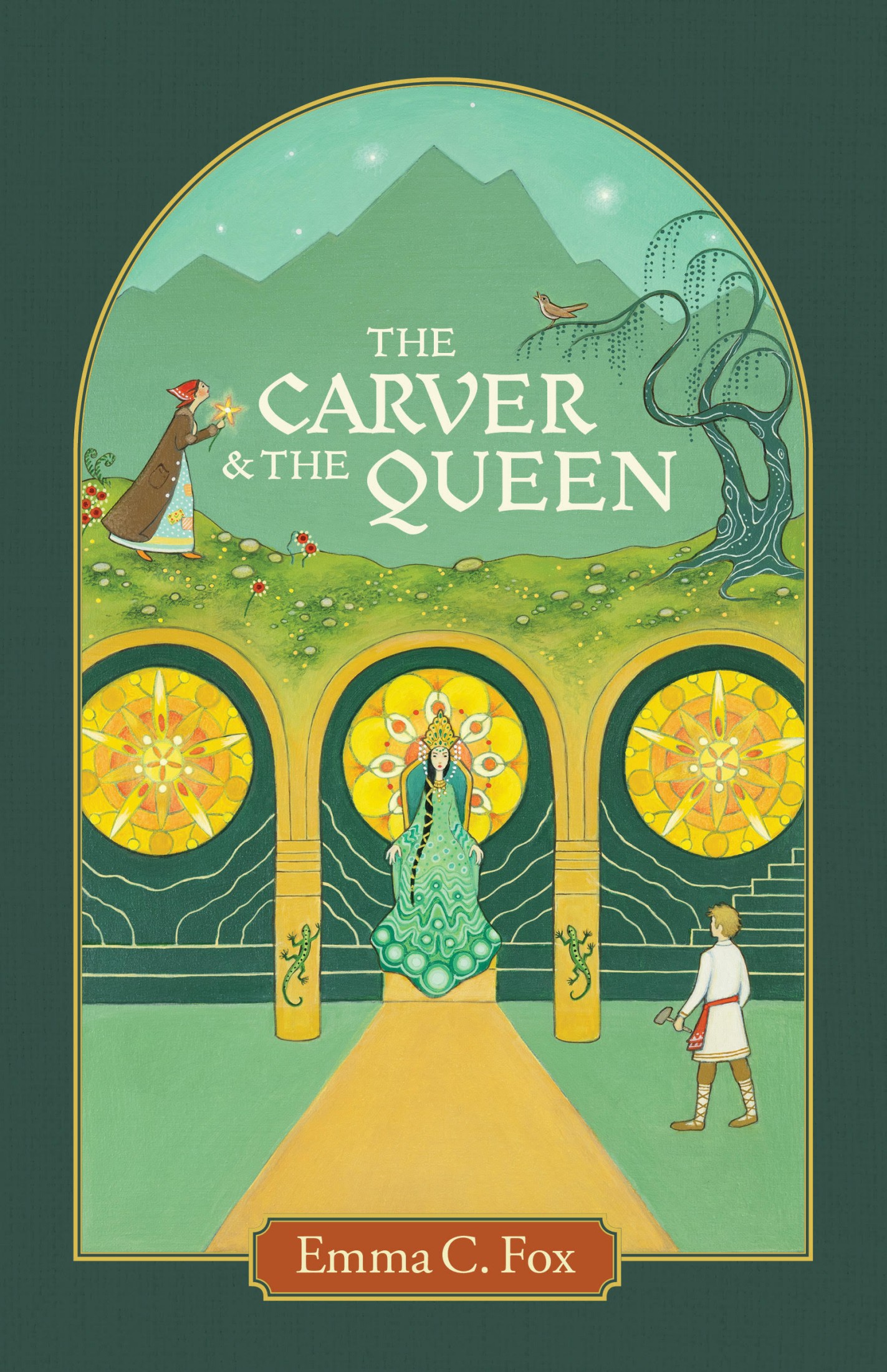There was another reason she took her books whenever they went away. They were her home when she was somewhere strange. They were familiar voices, friends that never quarreled with her, clever, powerful friends – daring and knowledgeable, tried and tested adventurers who had traveled far and wide. Her books cheered her up when she was sad and kept her from being bored.
– Cornelia Funke
A book is a wonderful thing. But a bookish book? That is a beautiful, inspiring creature that draws as near to the heart as an old friend. You might be laughing at me. A book is a book is a book, you say. Well, this is true for some, but there are books in this world that know our secrets, that whisper to us, that give us the words to describe what we feel but don’t understand. These are bookish books, that give us stories as usual, but that go deeper into the world of paper and ink. Books that delve into the mystery felt by librarians, book store owners, book connoisseurs, book collectors, and other bookish folk. Books that tell their stories while also tickling your ear and quietly telling you why you love the stories so much. They’re about other books and other book lovers – just like you, just like me.
They feel like home.
Inkheart is one of those exceptional books that is bookish to a level that is almost unbearably beautiful and inspiring. At the simplest level, it’s about the love of books. But it is also so much more than that.
Inkheart is the story of a father and a daughter. Mo binds and tends to books and their bindings for a living. Meggie follows her father wherever he goes. They lead a quiet life, until a man called Dustfinger shows up mysteriously one day. Meggie doesn’t know him, but Mo does. With Dustfinger come whispers of a secret well-hidden, suspicious, and dark. In the middle of all this is a book, a book Meggie has never heard of, never read. Its pages stole something dear from Mo nine years ago, and in return something, someone dark and terrible entered Mo and Meggie’s world.
It’s a story of friendship and betrayal, of love and hope, but also of fear and discouragement. It’s a beautiful, sometimes heart-wrenching story. How can it end well? Perhaps what Mo and Meggie need is a master of words. Those mysterious creatures called authors.
It’s a clever tale, you won’t want to put it down.
I’ve read Inkheart at least twice before, but I’ve yet to outgrow the story. In fact, I’m coming to the conclusion that this book has grown up with me. As I mature, the story matures. As I come to see the complexity of life, the story grows in complexity. It’s as if Inkheart is a childhood friend that lives down the street, who ages as I do, yet somehow maintains the secret whimsy of childhood and holds close the many sweet memories of innocence that I’ve slowly lost as I’ve become an adult.
Forgive my sentimentality, I can’t help it.
It’s true that this is children’s literature. The main character, Meggie, is 12. She is young, innocent, and loves books. That was extremely relatable when I read this book at that age.
When I reread Inkheart in high school, the story within the story intrigued me (having previously not noticed the depth of the story.) It was exciting, and I understood more of the main plot, along with seeing the smaller plots woven underneath. Seventeen wasn’t too old to pick it up again.
But now, NOW, Inkheart has become a beautifully complex story arch. Reading this book yet again at twenty-two brought out more of the dynamics between characters, the emotions, and the writing between the lines. It seems every five years I will understand and love this story even more.
But enough waxing on, you want to know if you should read Inkheart.
Considering troublesome content, there are some difficulties we encounter here. There are several times characters are said to curse under their breath. The words bloody and hell are used, though mostly in quick bursts a few times throughout.
Now, on my third read, I’ve finally picked up on a few suggestive hints, though nothing even near to explicit.
All in all, though I find the curses a little much for part of the age range the book is technically written for (junior fiction covers a wide range – ages 7-18), there is not much else that is problematic, at least morally. You do want to be aware of the potential problem of fear though.
This is not a horror or thriller for children of course, but it is an adventure/fantasy and these types of books sometimes pack a bit of a frightful punch, especially for younger ones. The villain and his men are described in a bit of a fearsome manner, and some scary situations do occur. Talk of carving up someone’s face, burning buildings and homes (with and without their residents), and death enters the commentary at times. One of the characters is highly superstitious and some time is spent in a crypt.
Only once or twice the characters mention God – from reading I would assume the author (and therefore the characters) are probably atheist. Religion is not a theme in this story at all.
If those issues don’t send you packing (and I don’t think they should), consider reading this book. Perhaps it is not best for those under the age of 12 to read this book, due to the perilous situations. However as I said before, I read this at 12, 17, and 22 and enjoyed it greatly each time.
And the story itself?
If you didn’t catch it already, this story is amazing! Complexity can be lost on children (example: my twelve year old self reading this book); however, story building as an art seems to evade many writers these days. Inkheart, a treasure trove of plot twists and unexpected circumstances, will not disappoint you! It is obvious a great deal of thought went into the writing of this book. True, it can feel a little on the long side. It definitely appeals more to older readers (15-18) with its size. Yet, the story remains quite potent, strong, and inviting throughout.
The prose, also, is divine! Its full to the brim of delicious morsels of word usage and imaginative descriptions. The imagery is absolutely stunning.
Beyond the story, I would have to say this book persistently puts forth the beauty of hope in the midst of despair, love in the midst of tragedy, and courage in the midst of immense fear. Though certainly not explored in this light here, these concepts are biblical in nature and add a beautiful depth to an already intricately woven narrative.
Now that you’ve made it this far into my review here’s the long story short. This is a magical book fraught with adventure, uncertainty, magic, books, hope, and love. It’s not one to miss (in fact, you might consider reading this aloud as a family, though being considerate of little ones.)
Though I haven’t run out of words, I bid you farewell. Enjoy your weekend and go read a book! 🙂
![]()



